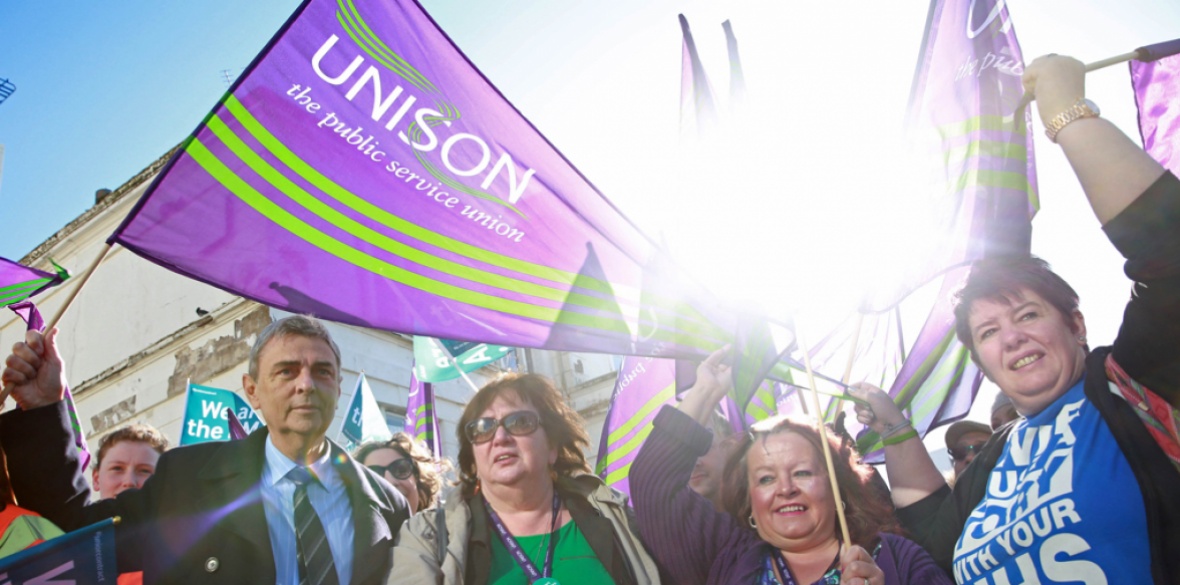This is the last article you can read this month
You can read more article this month
You can read more articles this month
Sorry your limit is up for this month
Reset on:
Please help support the Morning Star by subscribing here
THE occasion of the TUC’s 150th anniversary gives us the opportunity to step back and reflect on our movement’s past and future.
My own union Unison is a mere 25 years old and it was formed of three unions that did not even exist in 1868. Unison is now a mass public service union with a majority of female members.
The emergence and growth of such a union would have been very hard to imagine for our forebears 150 years ago.
Jeannie Mole is one of the characters from the past who we have been hearing about in this anniversary year.
Mole came to Liverpool in 1879 and set about organising female workers in laundries, sack-mending and rope-making.
These workers were subject to long hours and very poor employment conditions.
What Mole could see, that the male-dominated unions of the time could not, was that these exploited workers were potential union members. She did not accept that there are no-go areas for trade unions and for worker organisation — and neither should we today.
Things have changed dramatically since Mole’s time. The majority of union members are now women. I’m proud that one of Unison’s founding principles is proportionality of representation between women and men.
It is important that we continue to work to ensure that women’s concerns at work are union concerns.
In 1868, public service provision was negligible. There was no NHS, no free universal education, and no welfare state. The development of collective provision to meet social need is a great achievement of our labour movement.
It also meant the development of a large workforce. The public sector that grew after 1945 provided the environment in which Unison’s predecessor unions were able to thrive.
Unison remains primarily a public service union today, but that now means that members work for a huge range of employers — not only local councils, NHS trusts, police services and universities; but multinational companies, small businesses, voluntary organisations and care providers owned by private equity funds.
We must never fall into the trap of thinking that some groups of workers are beyond the reach of trade unionism. Unions don’t make that mistake any more in relation to women — but we need to remain relevant to workers whose jobs have been privatised, and to workers on a variety of casual and agency contracts.
Our movement is not complacent and unions are engaged in organising new groups of workers. High-profile examples include the GMB challenging Uber, and the BFAWU organising strike activity among McDonald’s workers.
It’s right that Unison is investing resources in promoting better employment standards in the privatised social care sector — including through our Care Workers for Change Campaign in north-west England.
The length of our history can sometimes be mistaken for evidence that unions are out-of-date or old-fashioned. But it should be taken instead as evidence of our adaptability and ability to survive through changes in our society and economy. The core ideals of trade unionism — collectivism, solidarity, equality, supporting one another — endure from one generation to the next.
Rodney Bickerstaffe, the first elected general secretary of Unison and champion of the minimum wage, said of union work: “We do our bit and pass it on.”
Rodney was being too modest about his own achievements — but he was right to suggest we should think of ourselves as being part of a great and enduring movement.
Paula Barker is Unison regional convener in the North West.











